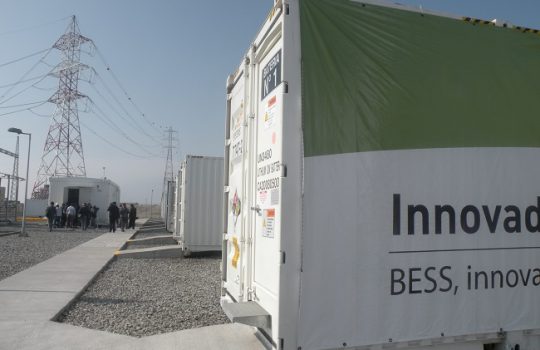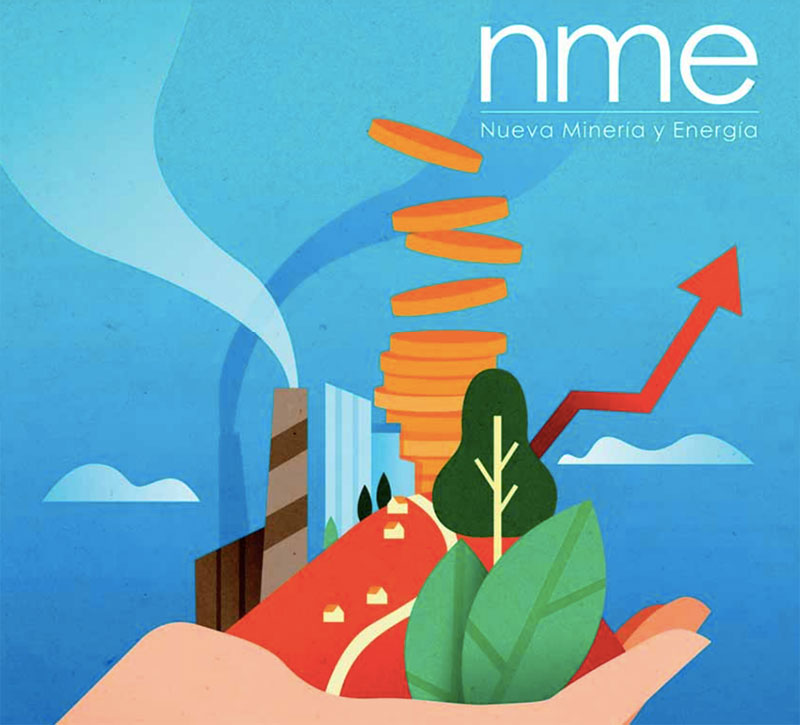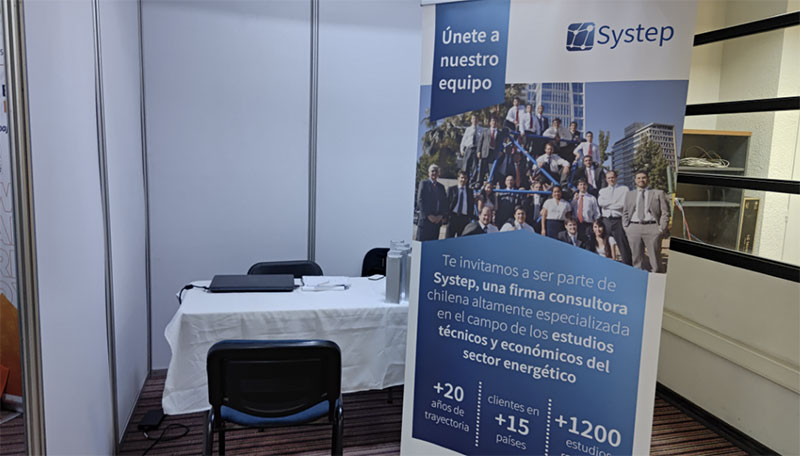
Internationally, the discussion has centered on how to qualify ESS: whether it is a transmission business, a generation business or a new category comprising both services.
CNE studies regulation of energy storage systems
(La Tercera) The National Energy Commission (CNE) is analyzing formulas for regulating energy storage systems (ESS). This was acknowledged by the government itself, which indicated that the issue is being studied in detail.
Although these systems are still in a preliminary stage of development, their rapid progress and their key role in non-conventional renewable energies (NCRE) have given them an important role in the energy sector.
This is because energies such as solar and wind, given their characteristics, generate energy according to the sun or wind conditions. Therefore, they can produce all together, causing energy surplus, and stop doing so at the same time. Thus, the development of these ESS, which allow regulating the injection of the units to the electrical systems, emerged as a solution.
[UAI lanza iniciativa para desarrollar sistemas de almacenamiento energético]
“There is a growing interest from developers to invest in Energy Storage Systems (ESS). The CNE would be working on the regulation of these systems, which would be tremendously positive given the above. In view of this, the discussion arises as to how the regulation of these systems will be carried out, both in operational and commercial matters,” said the consulting firm Systep.
“Considering that a significant reduction in ESS development costs (up to 49% for certain technologies) is expected in the next 5 years, it is necessary to formulate an appropriate regulatory design for the optimal development of these technologies,” the consulting firm added in its monthly report.
Internationally, the discussion has centered on how to qualify ESS: whether it is a transmission business, a generation business or a new category comprising both services. “The European regulator (European Commission) states that neither distributors nor transmitters should own, develop, manage or operate ESSs while they are used in other markets, although in practice there are exceptions at the distribution level,” said Systep.





